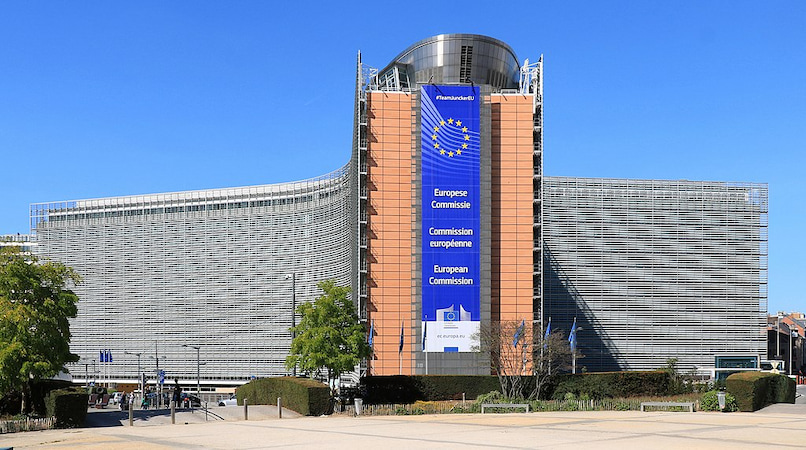European Commission 2024-2029 : Austerity and competitiveness
We now know the list of European Commissioners put forward for the 2024-2029 term of office. It is no great surprise that the European Commission is heading in a worrying direction for the future of our activities and our values. It is now up to the European Parliament to hold hearings with each of these candidates to decide whether or not they should be appointed to the post of European Commissioner.
The strong presence of conservative and right-wing parties is a source for concern, as at the European level, these parties are rarely receptive to our cause and share very few of our values. This raises concerns about their ability to defend social rights, equality and climate justice, issues that should be at the forefront of European concerns. Of the 27 Commissioners proposed (one per Member State), 12 are from conservative parties, five from liberal parties and one is from a far-right party. Furthermore, five are labelled as independents, but are in fact close to right-wing and far-right parties. Only five Commissioners are from social democratic parties.
With regard to content, we are also concerned about the loss of the Social and Employment Commissioner position and the appointment of three different Commissioners responsible for migration policies, with a prevalent use of terms such as “prosperity”, “competitiveness” and “security”. In the letters sent to the Commissioners to define their roles, the President of the Commission, Ursula von der Leyen, unapologetically defends a vision of Europe geared towards competitiveness, economic growth and security. At Emmaus, this choice raises alarm bells, as it promotes a Europe of increasingly closed borders and an economic model that favours big business, while neglecting social issues, human rights and crucial environmental concerns.
However, there are a few positive points worth highlighting. The establishment of a Commissioner for the circular economy, whose tasks will include working on drafting a law on the circular economy. The creation of a Commissioner for “energy and housing” now makes access to housing an integral part of European responsibilities, which has not been the case until now. Lastly, the implementation of an anti-poverty strategy has been announced, and we will endeavour to take part in it with our partners, despite the unfavourable political context in terms of reducing the causes of poverty.

European Commission Credit: EmDee, CC BY-SA 4.0 https://creativecommons.org/licenses/by-sa/4.0, via Wikimedia Commons



